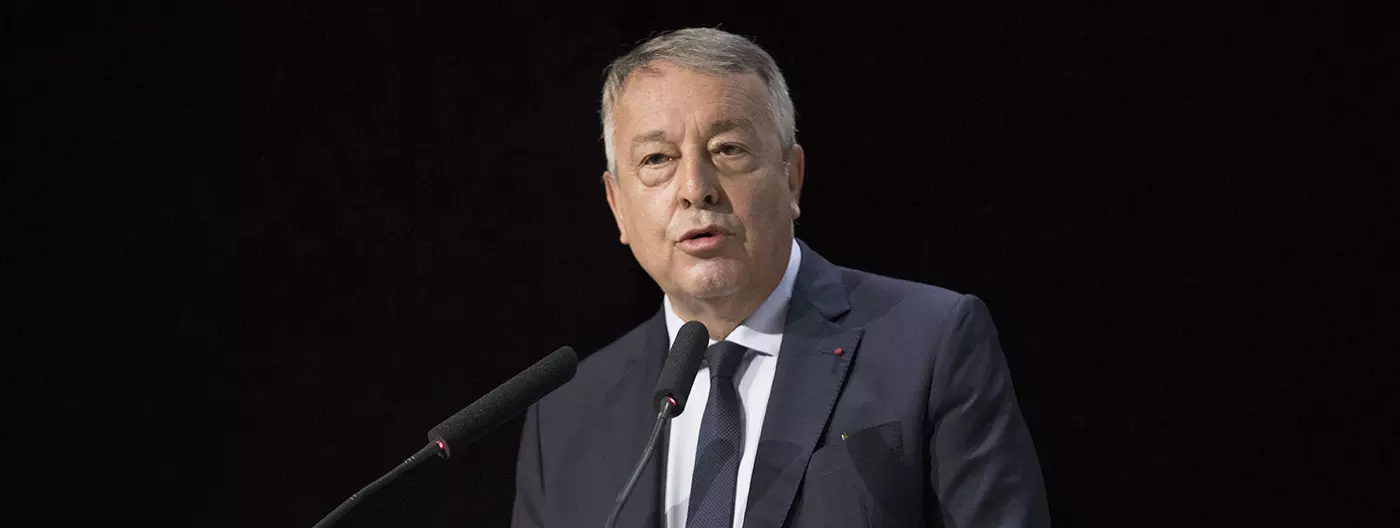
Managing water scarcity and space issues
Population growth and fast-growing middle classes will result in increased water consumption, but the resource will not increase. This is why it is estimated that 50 % of the world's population will live under water stress. To meet this challenge, megacities will have to use alternative technologies as is already the case in the United Arab Emirates. For example, Abu Dhabi and Dubai have contracted Veolia to secure their water supply through seawater desalination and wastewater recycling. In Ryad, the Group met the Saudi capital's growing water needs by drastically reducing losses in the city's water distribution system
Decarbonize major cities by optimizing energy efficiency
In 2048, megacities will be using multiple power sources that are currently untapped, such as the heat generated by millions of computers, the calories in wastewater, biogas from waste, and the energy surplus produced by factories. Buildings will use local sources of renewable energy, and their improved energy efficiency will help megacities reduce their carbon footprint.
Recycle to limit the use of raw materials
Recycling raw materials will become crucial. Megacities, engaged in the circular economy, will massively transform waste into resources. While the linear Extract - Make - Discard economic model leads to an environmental and climatic impasse (overexploitation of natural resources and increase of greenhouse gas emissions), the circular economy is low carbon.
Thus, making a plastic bottle from recycled material releases 70 % less CO2 than making it from virgin plastic. With 90 billion bottles made out of PET produced each year worldwide, there is huge potential for reducing greenhouse gas emissions.
Develop more inclusive and resilient cities
By 2048, the two billion people living in shanty towns, compared to 900 million today, will need access to essential services: drinking water, electricity, and wastewater and waste treatment. As the vulnerability of the poor increases with population density, megacities will concentrate the human and environmental risks of climate change. Victims of global warming, megacities will have to better guarantee the safety of their citizens, especially that of the poorest, and protect their economic, social, environmental, and cultural assets.
“The less major cities try to reduce their CO2 emissions, the more they will have to make a very long-term effort to adapt to climate change. Water, energy, raw materials, community focus, resilience: these challenges are not impossible to manage provided that appropriate policies are decided now and firmly implemented over several decades. Thanks to Veolia's many partnerships with major cities, we have found that they can be exceptional laboratories for climate change adaptation”, concluded Antoine Frérot.
More :
> Veolia contributes to resourcing the world
> Press Day 2018: Tomorrow's world being invented today
> Veolia's expertise in optimized resource management
> COP24 will be held in Katowice, Poland, December 2-14, 2018

